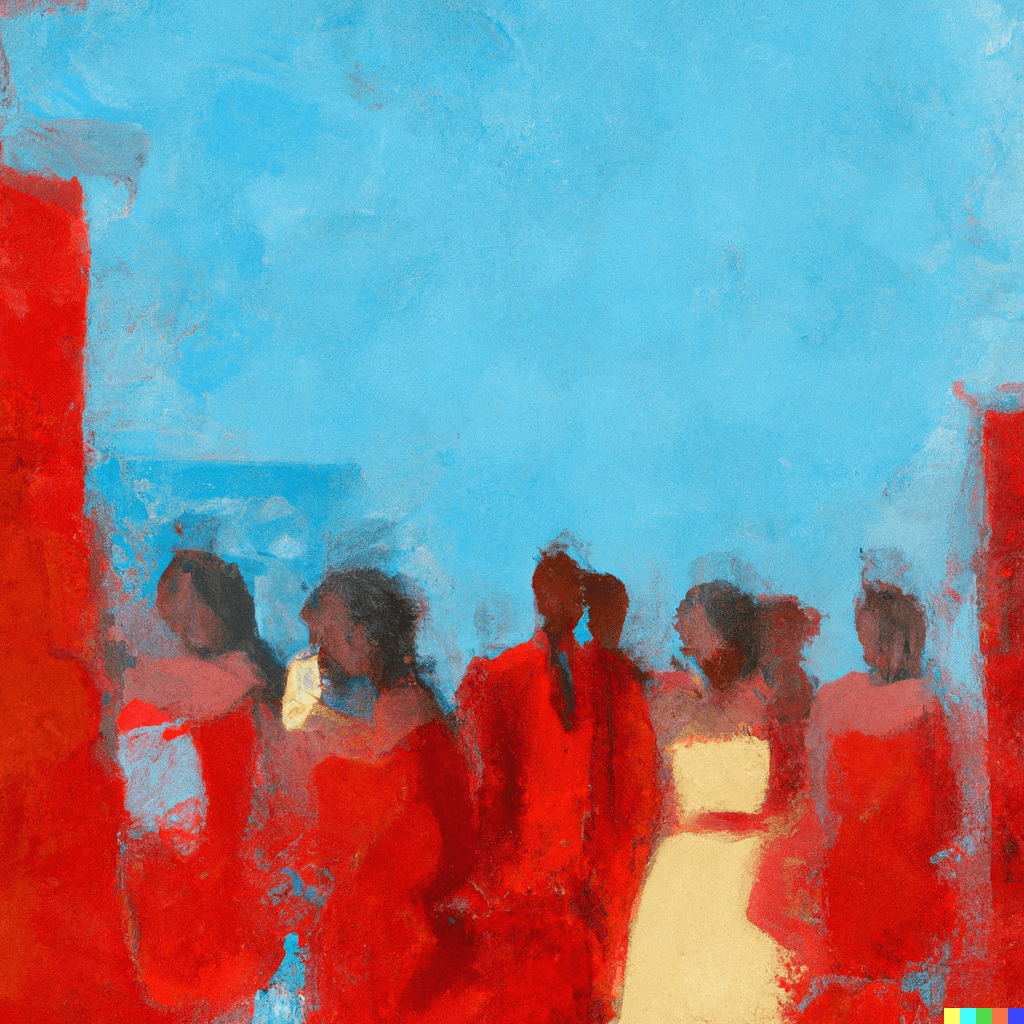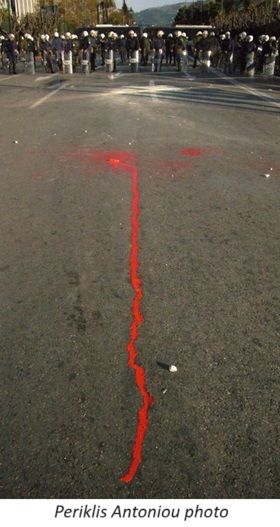Be it by chance, by ability, or by the poor judgement by the secret police in our department (Department of Agronomy and Topographical Engineering), on November 20, 1972, the student council that was elected was a democratic/anti-dictatorship one. One of the only two in Greece, both of them in the National Polytechnic University (the other one being that of the School of Chemistry, Mining and Metallurgical Engineering).
The day when the police raided the Polytechnic University, broke up the student body meeting by force, and thought it had created the perfect conditions for easily manipulating the vote, left its mark on the School, its curriculum, and the lives of its students, on a personal, academic, and professional level.
I was never envious of my siblings, but up to 1967, as a school student I was dreaming that my years as a University student would be like theirs. Free time, student activism, targeted studying, socialisation, bohemian lifestyle. During my first two years in the Polytechnic, I felt lonely, dragging along my fellow students’ lonely paths. They were good students, friendly, knowledgeable about football, and with some anti-dictatorship allusions; that was the extent of it.
I only started feeling the wealth of emotions, knowledge, and camaraderie in my third year (1972-1973). Under the guise of liberalisation, the dictatorship used spying mechanisms, and increased or decreased the use of force at will. It was then that the oppressed began, little by little, to express themselves, verbally at first and then with (non-violent resistance) actions. And then, the lonely paths began to intersect in rental student flats, in secluded coffee shops, in the need for freedom and for a different world.
In the student elections, around 70 people voted for the democratic students, while 40 voted for those supported by the so-called “union of nationalist students”. Forty days later, in one of the weekly general assemblies, 290 students – a large majority of the school’s student body – voted for the removal from body of those who declared that they would not comply with the assembly’s decisions (and who openly supported the dictatorship), with only 15 students voting against the motion. Before that, on the second week after the election, there had been an occupation of the patio of the Ginis building, during which hundreds of students had signed a petition against the violation of regulations by the dictatorship and its executive instruments, standing in solidarity and sharing responsibility with the student Administrative Council members, and staying true to the values of democratic unionism. This followed the refusal of the Council to recognise any official role of the government commissioner, the rectorate authorities’ refusal to give permission for the General Assembly to take place in any of the universities lecture halls, and the police’s refusal to allow for the General Assembly to be held outside the Polytechnic. That day is registered as a historic one for the School and for every single one of us. Within a matter of hours, the students that used to comply with their parents’ recommendations of “don’t get involved, you’re not going to be the one to change the world”, had discarded the recommendation of their much older parents, and maybe their parents themselves as well, but went back to encounter the younger version of them, that were fighting hard battles most of which were doomed to fail.
We had experienced a sense of anti-dictatorship euphoria in the Stadium, in 1969, when Papadopoulos was unable to finish his speech, due to jeering – timid at first, but loud and accompanied by laughter later – from the schoolchildren who were forced to attend. But what we experienced in the Ginis building was Dionysism, kind of like a current that is transmitted from person to person and to the whole crowd, to the soundtrack of the traditional music of Ikaria that is danced to in the August 15 festival.
All the singular and lonely paths became a daily phenomenon for the following three months (when the students were drafted). We drove the dictators crazy with actions and transparency. We cancelled the secret police and informants; they had everything laid out in front of them, but could not react directly. We had lengthy walkouts, and scored victories: the length of studies changed, as did the curriculum, the faculty senate resigned, the use of lecture halls for General Assembly meetings was never again denied, we legalised the activism committees followed by all the societies, together with the chemical engineers we announced the next student elections, and we put forward as issues of the utmost priority the charter map for education, technical education issues, and democracy issues. It was a festival of direct democracy;it was an island of hope in the otherwise dark and depressive sea of the dictatorship. They tortured Revelakis, dragged Catopodis to court, and drafted in the army more students proportionally from our school than any of the others. It was then that the weight fell upon those students who could not be drafted. The female students undertook “public relations”. They continued the course that, along with others, led to the three-day Polytechnic uprising of November 17.
In the air force they had not implemented the Markezinis government mandate of allowing students who were drafted to return to their studies. In the small unit in which I was stationed in Heraklion airport, they took all of us outside to sleep in the open for the first time on November 17. It was not just my imagination, most of us were not sleeping, nor standing guard, but mourning for the death of the Cretan female announcer of the Polytechnic radio station (which turned out to be a false rumour that had gone around concerning Maria Damanaki).
Since many are not with us anymore, we are presently recording the memories of students and professors of the School. For those who were in the Polytechnic, the most astonishing experience was that of the 17th of November: from the illusion that they were overthrowing the dictatorship, in front or right beside the sense of death, fear, overcoming fear, and then surrendering to it again. Almost all of them, myself excluded, have not been attending the November 17th anniversary marches, and do not believe that more uprisings like the one of the Polytechnic are to come in the future.
I am one to believe, that many similar uprisings are yet to come. I sought what I lived back then as a citizen, all the subsequent years, in “democracy”, but never found it. Many students from all Departments lived similar moments in the years between 1972 and 1974. They experienced deep inside of them equality, selflessness, and fraternity. That is the main reason why those who attempted it, could not complete their political careers “successfully” according to present criteria and practices.
The starting point for all the events was the initially singular and lonely paths of the people. The end is also like that. It is very probable that behind the next door, or the one across the street is an old man or woman, whose participation (either because they got involved, or because they stood in support, or because they wished it) made the uprising of the Polytechnic possible. Experts must express an opinion about this. It has been 200 years since the Greek Independence, 100 years from the Asia Minor Catastrophe, and we must salvage the Polytechnic uprising on its 50th anniversary. It is a message for everyone, that invalidates one of the dominant doctrines of every authority. We dislike fans, we do not particularly care for supporters, in a democracy we want players.


